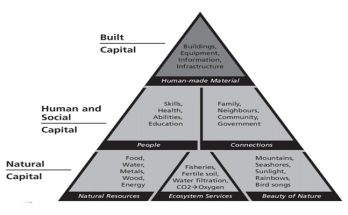There are currently three types of invoice finance available to business owners; invoice factoring, invoice discounting, and invoice finance. Each of these has its advantages and disadvantages depending on your business situation. Before you decide what type of invoice finance is best for your business, you should research the options to determine which one will provide you with the most advantages. Invoice factoring is considered by many to be the most cost-effective way to obtain funds to settle outstanding invoices and claims.
Invoice Factoring
Invoice factoring is a form of debt protection that requires no credit checks and is very simple to qualify for. You sign an agreement giving the lender permission to sell your outstanding invoices to collection companies for a fixed fee each month. The fee is typically higher than the amount you would pay to have your credit checks done but the factoring company does not require you to have good credit to qualify for this option. You may still be able to get paid from a higher interest rate and reduced fees if you have less than perfect credit.
Invoice Factoring Is A Non-Recourse Agreement
This means that you do not have to repay anything to the finance provider if they fail to settle your outstanding invoices promptly. If you are unable to pay them, the finance provider has the right to pursue you in small claims court or bankruptcy court without recourse to collect the money. You can also negotiate a non-recourse agreement with your credit reporting bureau.
Getting Additional Benefits
With invoice factoring, you are getting additional benefits. Since you are working with a third-party source to settle your invoices, you are not required to provide sensitive financial information to the lender. You can therefore save a lot of time by avoiding the tedious application process of applying for a conventional mortgage. Invoice factoring helps you improve your cash flow by cutting down on your number of loan repayments and by improving your credit score.
You can also work with a third-party invoice finance firm to help you settle your outstanding invoices while paying less overall interest. The third party will transfer your monthly payment amount to an account that allows you to deduct it from your cash flow each month. This type of arrangement can allow you to get rid of accumulated debts much faster and improve your monthly cash flow without having to consolidate your debts into one big loan.
To find out more about invoice factoring, you should get in touch with a broker. The broker will be able to tell you all about the various types of Invoice finance programs available and how each option works. Since every situation is different, you will need to research the invoices and the company offering the solution before settling for any particular service. The broker can also help you choose the right type of Invoice finance program that suits your needs the best.





